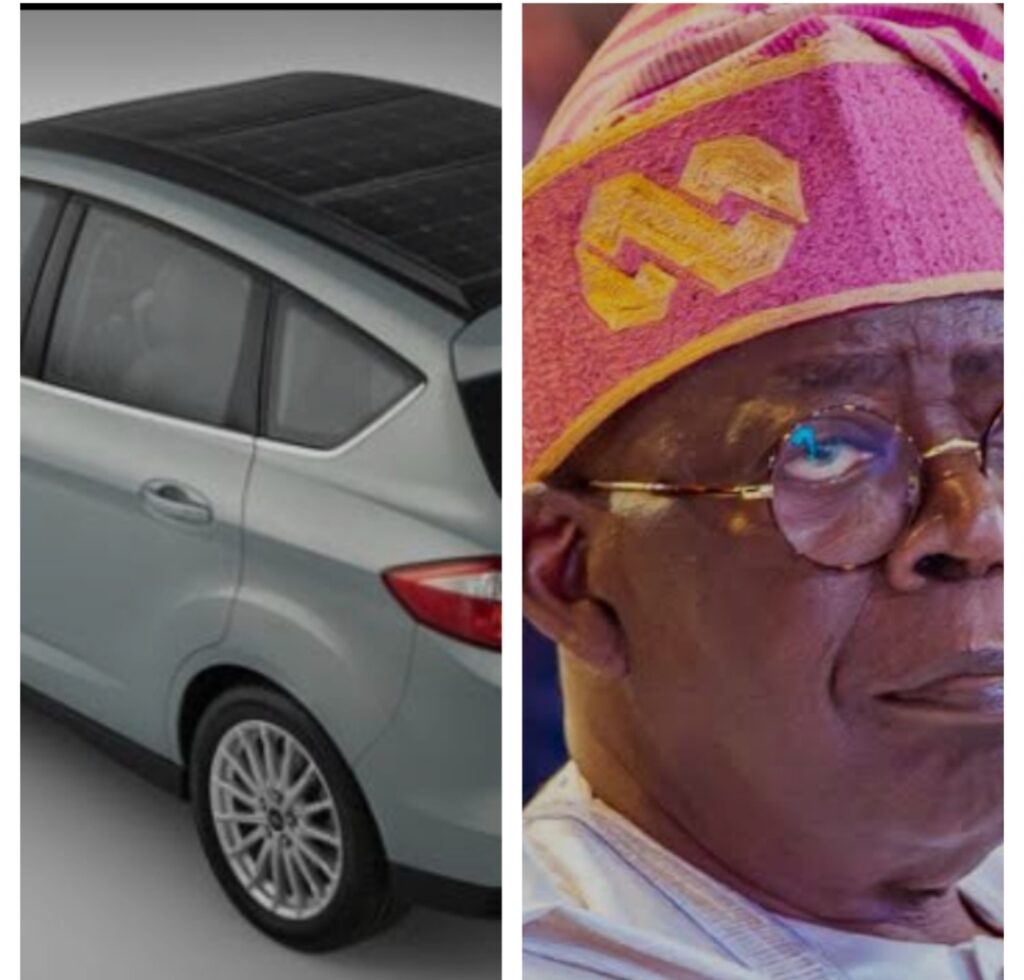
Tinubu has directed the rejection of memos for the purchase of petrol-powered vehicles while approving the procurement of solar and electric vehicles.
Nigeria’s Fifth Federal Executive Council (FEC) meeting for the year 2024, which began on Monday at the State House in Abuja with President Bola Tinubu presiding, will continue on Tuesday.
Monday’s Council meeting, which took place approximately seven weeks after the previous one on March 25, 2024, was deferred until Tuesday to complete debates on the meeting’s agenda.
Mohammed Idris, Minister of Information and National Orientation, briefed reporters after the meeting at the Council Chambers, saying far-reaching choices were made and that deliberations will resume on Tuesday at Noon.
According to him, “The meeting is not yet over. The council meeting will continue tomorrow. Therefore, there will be no press briefing today.
A number of significant decisions are being made, and the results will be made accessible to you tomorrow. Thank you so much”.
Later on Monday, Ajuri Ngelale, the presidential spokesperson, released a release claiming that president Tinubu has mandated that all government ministries, departments, and agencies purchase compressed-natural-gas-powered cars as part of his commitment to ensuring energy security, driving utility, and lowering excessive fuel prices.
The President’s decree also supports Nigeria’s efforts to move to greener energy, as CNG-enabled vehicles have been found to emit fewer pollutants while providing a more economical choice for Nigerian energy customers.
Addressing members of the Federal Executive Council (FEC) in the State House on Monday, President Tinubu affirmed that his administration’s energy reforms will not be reversed
President Tinubu has mandated that all government ministries, departments, and agencies purchase compressed-natural-gas-powered cars as part of his commitment to ensuring energy security, driving utility, and lowering excessive fuel prices.
The President’s decree also supports Nigeria’s efforts to move to greener energy, as CNG-enabled vehicles have been found to emit fewer pollutants while providing a more economical choice for Nigerian energy customers.
According to him, “This nation will not advance if we continue to dance in the same place. We have the desire to drive CNG adoption across the country, and as public officials, we must set an example by leading the way to the prosperous future we seek for our people.
It starts with us, and if Nigerians understand that we are serious, they will follow our lead.” The President further commanded that all letters submitted by FEC members wanting to acquire traditional petrol-dependent vehicles be rejected, and that the affected council members return to diligently seek value-driven procurements of CNG-compliant vehicles.
According to the statement, President Tinubu remains committed to efficiently utilising the country’s gas potential, reducing the burden of high transportation expenses on the public, and raising the standard of living for all Nigerians.
The FEC has ordered that all new vehicles, generators, and tricycles purchased by the government and its agencies be powered by CNG, solar, or electricity.
According to a top official who spoke on the condition of anonymity, the directive was one of the significant decisions made by the council before adjourning its marathon operations till today after more than four hours.
Affected by the order are new requests by Nigeria Customs Service, the Shipper’s Council, an agency of the Marine and Blue Economy which had sought approval to buy several hundreds of operational vehicles, to be powered by petrol.
The council approved the requests by said they must be CNG vehicles.
Also, a request by the Federal Capital Territory to buy petrol generators was also approved, but the council insisted they must be powered by CNG or solar. #Government also expects agencies to begin to convert petrol or diesel vehicles or generators to CNG.
The Tinubu administration, which started the Presidential Compressed Natural Gas Initiative (PCNGi) in October, expects to roll out around 800 CNG buses, 4000 CNG tricycles and 100 electrified buses in the first phase over the next few weeks.
The government’s decision on Monday signalled its willingness for the shift from fossil fuels to renewable energy. The government hopes that its strategy will encourage additional investment in renewable energy, solar panels, and lithium batteries.
It also predicts that the programme will be environmentally sustainable and reduce inflation by cutting costs by around 60%. Before entering the closed-door session on Monday, the FEC observed a minute of silence in remembrance of two former Ministers: one-time Minister of Education, Professor Fabian Osuji, and former Minister of Science, Technology, and Innovation, Dr. Ogbonnaya Onu.
Osuji, who died in February at the age of 82, was minister of education under former President Olusegun Obasanjo, and he was instrumental in implementing policies that had a good influence on the field.
Onu, who died at the age of 72, was named Minister of Science and Technology during the administration of former President Muhammadu Buhari.
Vice President Kashim Shettima, Secretary to the Government of the Federation George Akume, Chief of Staff to the President Femi Gbajabiamila, Head of the Federation’s Civil Service Dr Folasade Yemi-Esan, and the majority of the Council members attended the meeting.
Earlier, President Tinubu swore in two more Federal Commissioners of the National Population Commission (NPC). Fasuwa Johnson Johnson (Ogun State) and Amidu Tadese Raheem (Osun State) took the oath of office before the President. Their swearing-in occurred weeks after 17 of their colleagues took the oath of office in March 2024.

